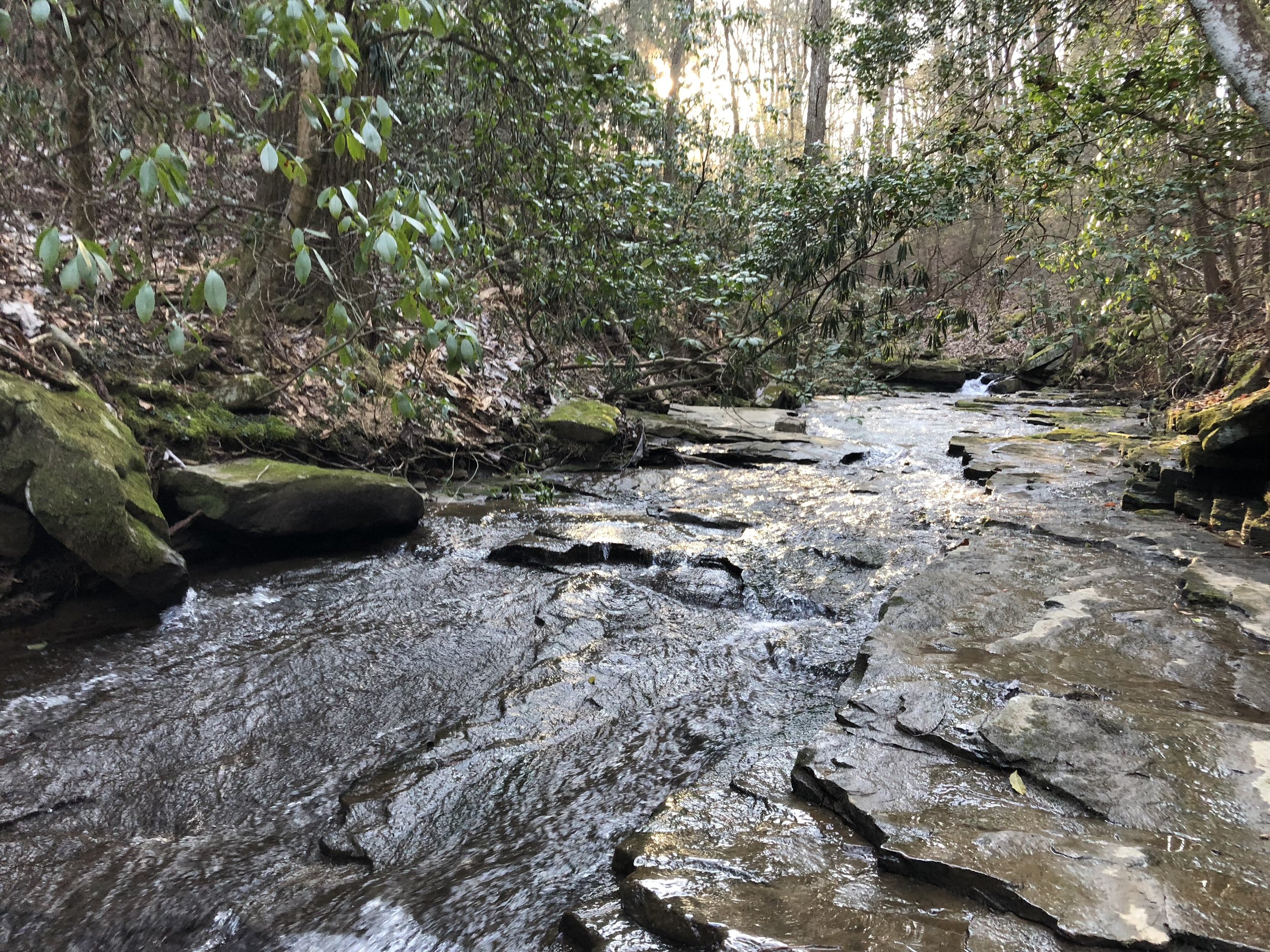Here are a few ways you can improve local water quality at home!
1) Be sure not to use excess fertilizers for your soil type.
Excessive fertilizer can runoff or leach through the soil into nearby streams, negatively affecting water quality. In order to know how much and what kind of fertilizer to use for you yard’s soil type, you can have your soil tested through the UT Institute of Agriculture. Some other tips are to never apply fertilizer to frozen ground and do not allow water to runoff into streets or streams after fertilizing.And, be sure to follow label instructions carefully.
2) Avoid mowing your yard up to the creek’s edge (i.e., maintain a riparian buffer zone).
This will allow you to maintain deep rooted vegetation along the stream bank, which will hold the bank in place to avoiding erosion. The vegetation will also help filter runoff. This buffer zone of vegetation along the stream’s bank (roughly 10 feet for small streams) is called a “riparian buffer.”
3) Avoid dumping or leaving lawn waste such as grass clippings along stream bank.
This can kill beneficial vegetation on the stream’s edge. Heavy loads of clippings can suffocate stream important bank vegetation by blocking sunlight, oxygen, and pollinator species.
4) Avoid using heavy equipment or lawn mowers within 10 feet of the stream bank.
This can cause crumbling of the bank which may lead to erosion and can compact soil which will hinder beneficial vegetation growth along the stream’s edge.
5) Clean spilled chemicals (e.g., spilled fertilizer, oil, gasoline) and avoid deposing of chemicals on property.
6) Keep paved surfaces clean.
Sweep grass clippings and leaves from the road and storm drain. Plus, Washing vehicles on pavement or gravel may cause direct runoff into nearby streams while using the lawn/grass will decrease runoff by acting as a filter. Impervious surfaces allow for quick and direct runoff into streams, while soils act as a natural barrier.
7) Minimize use of road salts in winter.
Be sure not to use more salt than is needed if you are salting roads during the winter.


